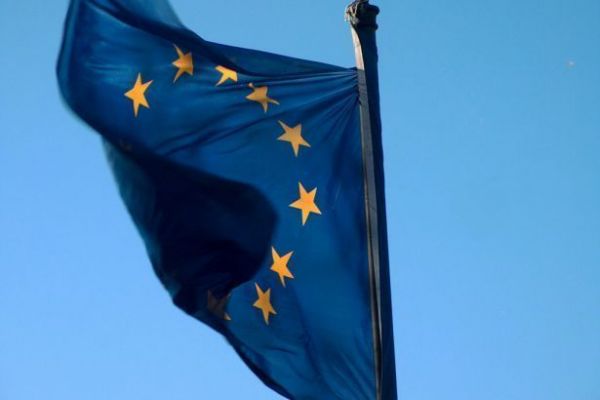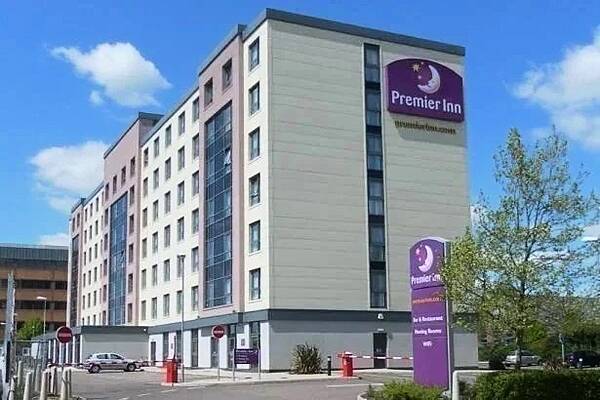Hotel shares fell after UK voters decided in a referendum to leave the European Union, raising concern about future employment costs in the British lodging industry, which relies on workers from outside the country.
“It is too early to know what the potential impact the decision will ultimately have on our business,” Marriott International Inc. said in a statement Friday. “As the implications are more clearly defined over the coming months, we will work to adapt to any changes that may result.”
Marriott, which is poised to become the world’s largest hotel operator when its acquisition of Starwood Hotels & Resorts Worldwide Inc. is completed next quarter, fell 6.7 percent to $64.37 at 3:12 p.m. in New York on Friday. It was the biggest intraday decline since last August. Starwood slipped 5 percent to $72.16. Hilton Worldwide Holdings Inc. was down 6.1 percent to $22, and the Bloomberg Real Estate Investment Trust Hotels Index dropped 4.6 percent, its largest decline in five months.
Marriott had about 8 percent of its rooms in Europe as of the end of 2015, and Starwood got 19 percent of its revenue from the region last year, according to analysts at Robert W. Baird & Co. That percentage is falling as Starwood sells assets, they said.
Direct comparisons of the potential revenue impact on each company are difficult because each firm’s exposure is based on different measures, according to Baird analysts. Europe accounted for about 9 percent of Hilton’s adjusted earnings before interest, taxes, depreciation and amortization as of March 30.
Hyatt Declines
For Hyatt Hotels Corp., the combined region of Europe, Africa, the Middle East and Southwest Asia represented about 10 percent of Ebitda as of the end of the first quarter, according to Baird. Hyatt fell 5.5 percent to $47.72.
Lodging companies such as InterContinental Hotels Group Plc are heavily dependent on European employees, with almost three-quarters of workers in London’s hospitality sector being foreign-born. While the Brexit could lead to higher labor costs if restrictions are placed on employing foreign workers, who are typically paid less, InterContinental may also benefit from an increase in U.K. tourism if the pound continues to decline against the euro. The company has about 5 percent of its business in the U.K., and about 10 percent in Europe.
InterContinental’s shares rose 1.3 percent in London, but its American depositary receipts tumbled, as the pound plunged against the dollar and other major currencies. The ADRs slumped 8.2 percent to $37.52.
One issue affecting hotels is that greater political uncertainty in Europe could cause a slowdown in spending by businesses, said David Loeb, a Baird analyst. “This could result in international inbound travel growth slowing further at a time when the industry is already grappling with sluggish domestic corporate demand,” he said.
News by Bloomberg, edited Hospitality Ireland









